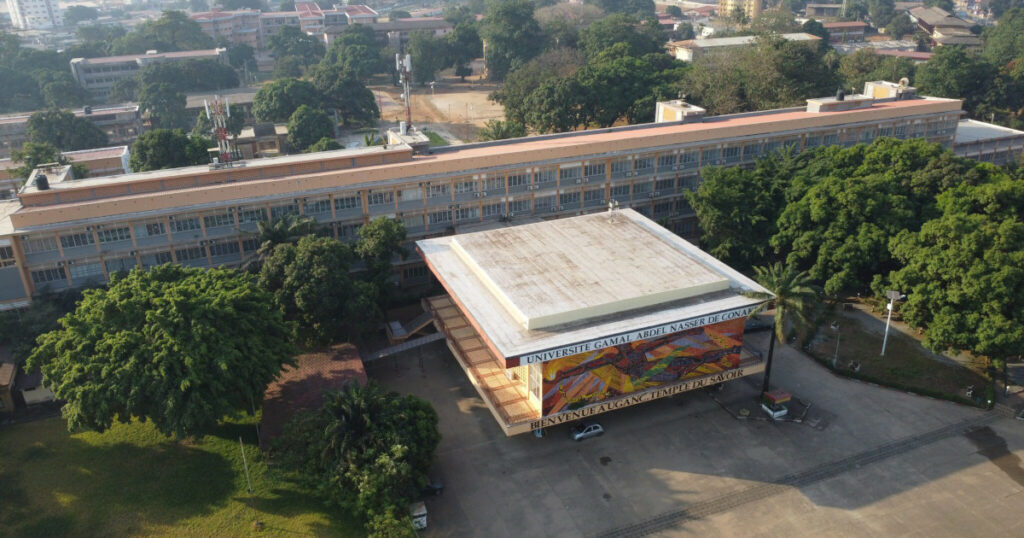How nanotechnology, quantum physics and materials engineering can transform key sectors such as health, agriculture and energy in Senegal
In this interview, Marie-Angélique Sène, head of the Vaccine Research Center at the Institut Pasteur de Dakar, tell how she became who she is. She explains how nanotechnology, quantum physics and materials engineering can transform key sectors such as health, agriculture and energy in Senegal. She also discusses the importance of sovereignty in vaccine research and development in Africa. Finally, M.-A. Sène stresses the need to engage girls in STEM from an early age to build a more inclusive and sustainable future.
Key points
- The importance of STEM (science, technology, engineering and mathematics) for a country’s development, particularly in health, agriculture and energy.
- Nanotechnology and quantum physics are key areas that can transform the future of science and technology in Africa, enabling major advances in several sectors.
- The importance of investing in local research and developing solutions tailored to the specific needs of Senegalese populations.
- The adaptation of technologies such as nanotechnology and artificial intelligence to local conditions to solve specific problems such as cancer, non-communicable diseases and agriculture.
- The enormous potential of solar energy in Senegal and the importance of innovation in energy production through technologies such as nanotechnology-enhanced solar panels.
- The crucial role of health sovereignty, particularly in vaccine production in Africa, to avoid dependence on imports and strengthen local capacities.
- The need for incentive policies for technology transfer and collaboration between institutions to strengthen autonomy and resilience in the face of health challenges.
- The importance of developing local research and technology capabilities to solve health problems at a local level before they become global threats.
- The need to encourage more girls to take an interest in STEM from an early age, through mentoring programs, internships and scholarships.
- Early exposure to STEM and hands-on experience is essential to enable young girls to realize that careers in science and technology are possible and accessible.
This interview is part of the series “talking development” produced by World Bank.




